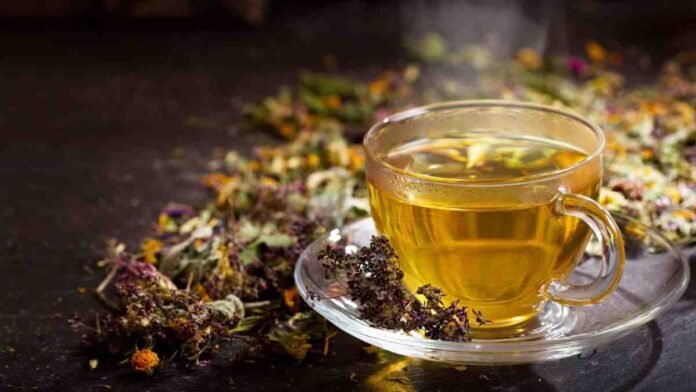Herbal teas have been around for centuries, praised for their soothing qualities and medicinal properties. But with the recent surge in wellness trends, one might wonder—are herbal teas just hype or genuine health heroes? We asked a doctor to break it down, and the results might surprise you.
Here are 5 science-backed benefits of herbal teas, along with the ideal times to enjoy them.
1. Boosts Digestion
Certain herbal teas, such as peppermint and ginger, aid digestion by relaxing the muscles of the digestive tract. Sipping a cup of tea after meals can help ease bloating, gas, and indigestion.
2. Supports Better Sleep
Chamomile tea is a natural sedative. Rich in antioxidants like apigenin, it helps calm the nervous system and improve sleep quality—best time to sip: 30 minutes before bedtime.
3. Reduces Stress and Anxiety
Herbs such as ashwagandha, lavender, and tulsi (also known as holy basil) possess adaptogenic properties. They help regulate cortisol levels, reduce anxiety, and promote mental clarity. Enjoy these in the late afternoon or early evening.
4. Strengthens Immunity
Herbal blends containing echinacea, turmeric, or liquorice root can boost the immune response and protect against seasonal infections. Ideal during cold and flu season or early morning for daily wellness.
5. Aids in Weight Loss
Teas like hibiscus, green rooibos, and dandelion help flush toxins, improve metabolism, and reduce water retention. Best consumed mid-morning or before a workout.
When Is the Best Time to Drink Herbal Tea?
- Morning: For Digestion and metabolism support
- Afternoon: To beat fatigue or cravings
- Evening: To relax and unwind before bed
Herbal teas are more than just a wellness trend—they’re natural, accessible, and genuinely beneficial. When consumed at the right time, they can enhance your physical and mental well-being. So yes, herbal teas do live up to the buzz!



